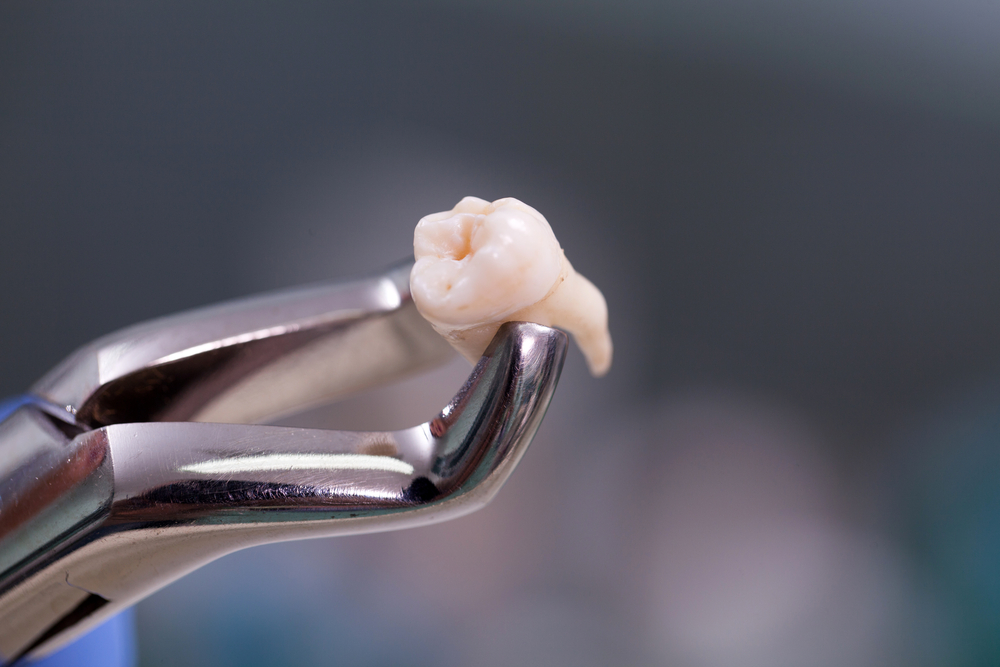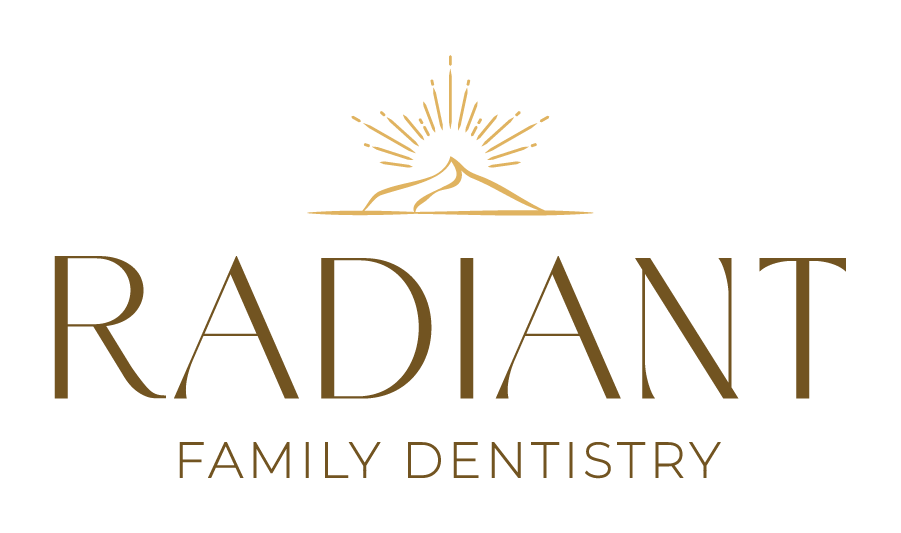In certain cases, a tooth may be so decayed, infected, or damaged that it is no longer repairable and requires removing it to prevent any further complications. Getting a tooth removed may seem unpleasant, but your dentists will do their utmost to be as gentle as possible and prioritize your comfort throughout the procedure. We first evaluate your overall health to determine that the procedure can be performed safely. Next, we assess your tooth in relation to other nearby anatomic structures to prevent any major complications. We then make sure to numb you thoroughly in the area and also offer a number of sedation options for your comfort. To learn more, please see Sedation Dentistry.
In addition to extracting diseased teeth, we also offer wisdom teeth extractions. In most cases, we recommend removing your wisdom teeth, especially if they are at risk for developing cavities and infection which can potentially lead to serious health complications. For those wisdom teeth that are impacted or located deeper in your jaw bone, we work with a highly trained oral surgeon to give you the best care possible and remove them safely.


